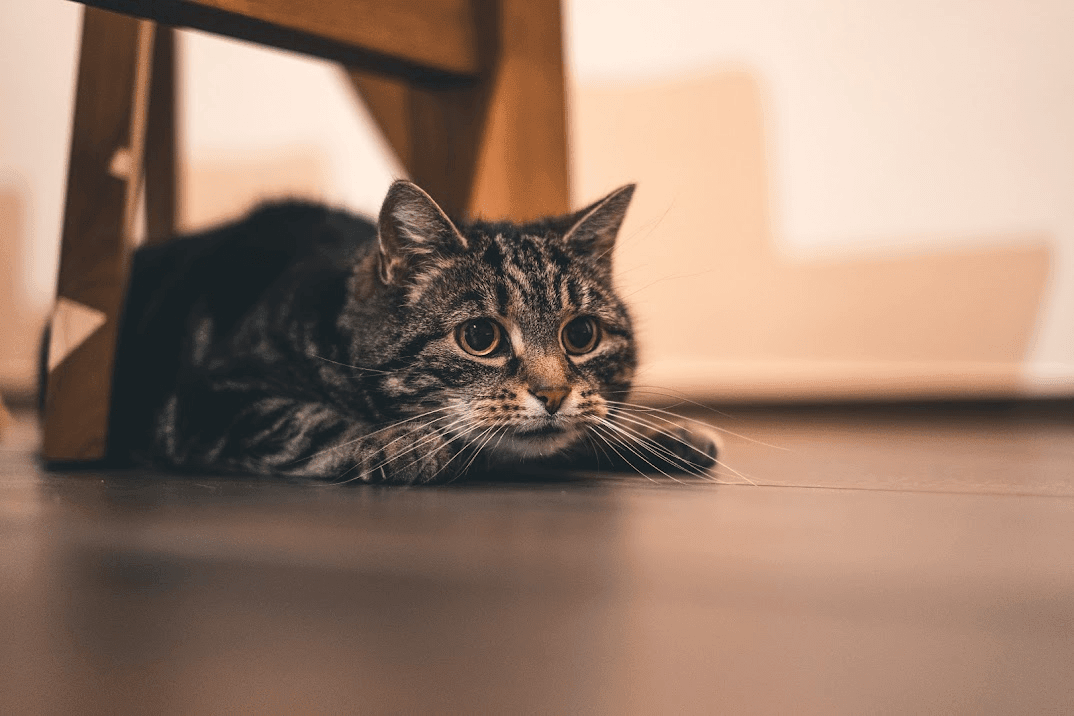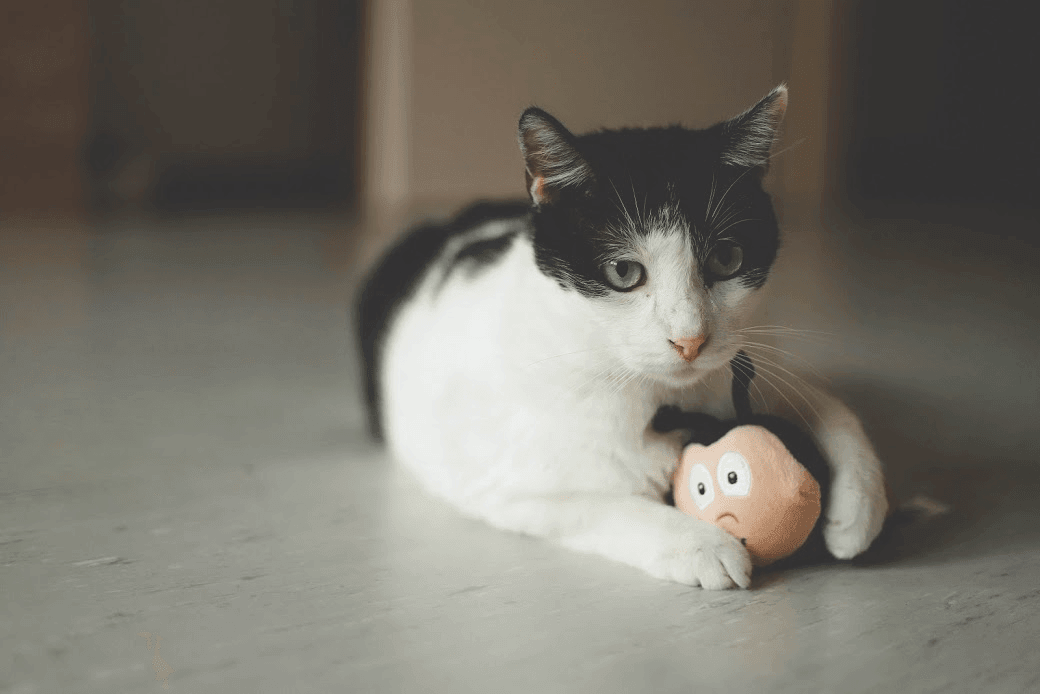NIGHT ACTIVE CATS

Cats are naturally Crepuscular (meaning most active at dawn and dusk), and sleep throughout our working day. The cat's day then begins when their owner arrives home to provide food, play and social interaction. It is important that we manage this schedule to help attain an evening of sleep for the humans of the household.
Typical NIght Active Behaviours
Typical complaints are cats that nibble or even attack the owner's ears or toes in bed, walking across the sleeping owners, night time vocalisation, or explosive, uncontrollable play sessions across the furniture and/or owners, during the night or early morning. Sometimes owners can inadvertently reward the behaviour by giving the cat a little food, affection, or attention to try and calm the cat.
Routine
Look closely at your cat’s schedule and routine and seek to modify it to ensure we have addressed their needs.
Social Needs
Since night time activity may be a form of social play and attention-seeking behaviour, the first consideration is whether your cat is getting sufficient amounts of social interaction and social play during the times you are home. This may be particularly problematic for an only cat in the household and an owner who works all day. Offering several social play sessions with chase toys, as well as some reward-based training exercises might help to fill your cat's needs.
Enrichment
Enrichment forms a large part of ensuring we have met a cat’s need to hunt. Ask for our cat enrichment info sheet for ideas. Adjusting the timing of access to food and the method of delivery (ie enrichment toys) can help. Keeping your cat awake and active by playing, feeding and interacting with them throughout the afternoon and early evening can resolve the problem in some cats.
Feeding
You can also try feeding a raw meaty bone such as a raw chicken neck or chicken wing for dinner a couple of times a week. Chewing on raw meaty bones takes a lot of work and energy and helps to tire cats out and keep them satisfied. Expending energy on chewing at night may help to settle them down for a good night's sleep. It can also preoccupy them for a good length of time.
Vocalisation
Cats that are vocal during night time hours should be ignored. Going to the cat or giving attention in any way may reward the behaviour. If the cat does not get attention from a particular behaviour, they are likely to stop doing it. When your cat is doing the right thing offer them quiet reinforcement.
Please contact us for further help and an individual behaviour modification plan.

